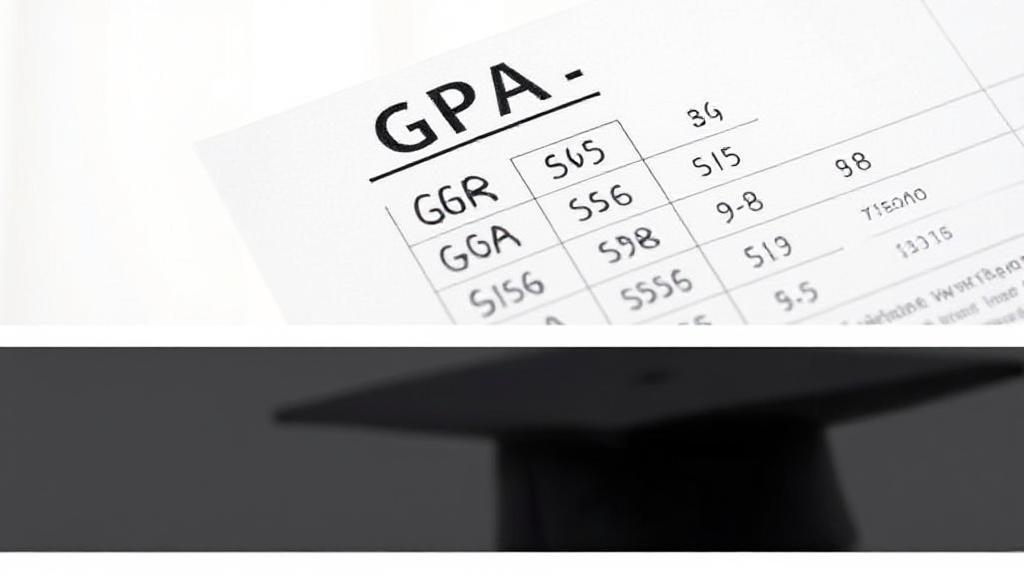What is GPA?
The Grade Point Average (GPA) is a standardized measurement of academic achievement widely used in educational institutions across the United States and many other countries. It provides a numerical representation of a student's average performance across all their classes, typically measured on a scale from 0.0 to 4.0, although some institutions use different scales, such as 5.0 or 12.0.
How GPA Is Calculated
The traditional GPA scale assigns specific grade points to letter grades:
To calculate GPA:
- Assign Grade Points: Each letter grade corresponds to grade points
- Multiply by Credit Hours: Multiply grade points by credit hours for each course
- Sum Total Grade Points: Add up all grade points
- Divide by Total Credit Hours: Divide total grade points by total credits attempted
Example calculation:
Types of GPA
- Cumulative GPA: Overall GPA including all courses taken
- Term/Semester GPA: Calculated for a single semester or term
- Major GPA: Focuses on courses within your declared major
- Weighted GPA: Gives extra points for honors, AP, or IB courses
- Unweighted GPA: Treats all classes equally on the 4.0 scale
Importance of GPA
GPA is critical for several reasons:
- College Admissions: Major factor in acceptance decisions
- Scholarships and Financial Aid: Minimum GPA requirements often apply
- Graduate School: Essential for admission into advanced programs
- Employment: Some employers consider GPA when hiring
- Academic Honors: Qualification for honor societies and awards
- Research Positions: Opportunities for academic research
Tips for Maintaining a Strong GPA
- Stay organized with assignments and deadlines
- Attend classes regularly
- Seek help early when struggling
- Practice effective time management
- Utilize professor office hours and academic resources
- Choose courses wisely
- Study consistently
- Maintain a balanced course load
Impact on Future Opportunities
A strong GPA can open doors to various opportunities, including:
- Competitive internships
- Research positions
- Honor societies
- Graduate program admissions
- Career advancement
For more information about GPA calculations and standards, visit the College Board's GPA Guide, this guide on GPA calculation, or this article on the importance of GPA.
Remember that while GPA is important, it's just one measure of academic success. Employers and institutions increasingly consider other factors such as experience, skills, and personal achievements alongside academic performance.
